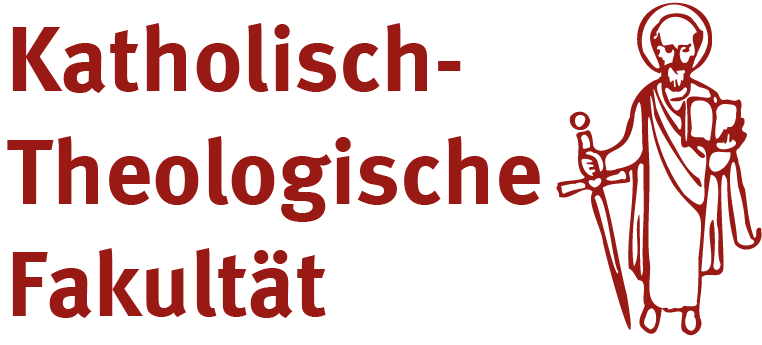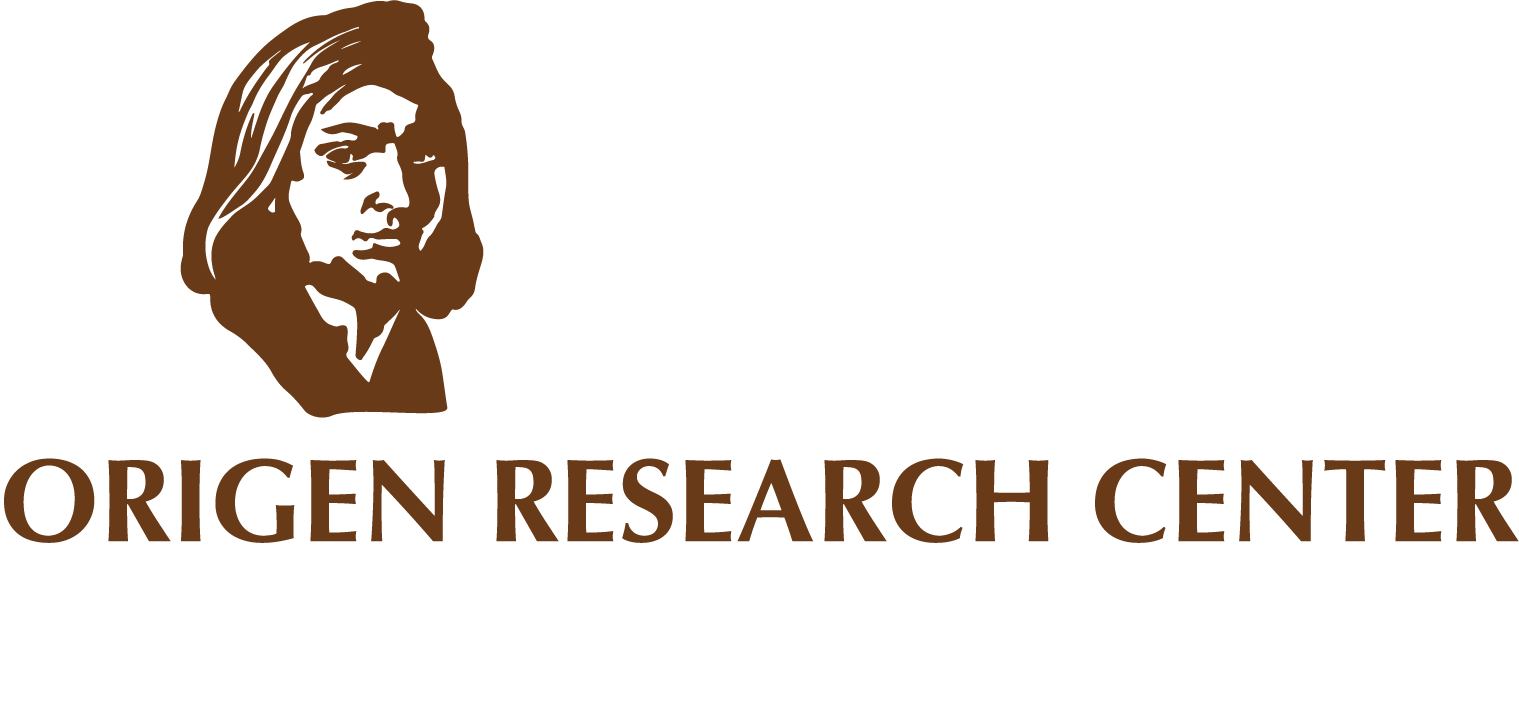The ITN has two major aims: To train ESRs and to investigate the philosophical and theological traditions behind the modern Western conception of humans as free, valuable, and dignified beings, and how these traditions developed chronologically and geographically. The network will focus on the reception and assimilation of the theological ideas expounded by the church father Origen from the 3rd century Alexandria. He argued, among other things, for human freedom, dignity, and capacity to master sin, but his views lost to those of Origen’s mighty opponent – Augustine of Hippo – whose conception of humans was based on the doctrine of original sin, and who emphasized a predetermined fate, no free will, and human servitude.
Origen was officially condemned in the 6th century, while Augustine was considered one of the greatest church fathers. Yet, Origen’s views and arguments continued to affect and inspire philosophers and theologians all the way up to the modern period, despite the continued struggles against them.
The ideal modern Western Europeans have the right to think, believe, and express themselves freely about political, religious, and other matters without fearing official retribution; they participate dynamically in policy-making processes and are not subject to other political authorities than those which he or she has chosen freely and democratically, nor to religious or moral norms that he or she has not freely accepted. This view on human beings is so fundamental for Westerners that they are willing to spread it by almost any means, even by means that may in themselves be contrary to this view on humans, e.g., war and power. Thus, the idea about human freedom and dignity is fundamental for the concept of human rights. These ideas and those of individual autonomy are also fundamental for the welfare state model on which most European countries build their societies. Thus, the insistence on human dignity and autonomy is the basic reason for an individual person’s right to be supported by the state in case of personal crises in order to be able to maintain a certain level of personal and social welfare. The long history and developments of this conception of humans have never undergone a comprehensive large-scale analysis.
However, such a project is highly relevant today since the modern Western conception of humans as free, valuable, and dignified beings is among the fundamental pillars of Western democracies and human rights today – and these pillars are under pressure, both from political and, especially, nationalist or fundamentalist religious movements that question the societal structures that build on the ideas about humans’ freedom and dignity, and by global crises and structures (like economy and environment) that limit the individual’s complete autonomy. These trends express a crisis of the modern Western European concept of human beings that can be fatal to its construction of society. A possible breakdown of this community structure is a prospect mourned by many and welcomed by others. In any circumstances, such a collapse will lead to radical changes for both the individual and for the society in Western Europe as a whole. This makes this network highly relevant: Only when we have a historically informed and comprehensive understanding of these fundamental values and their origins, development, and the fights they have already gone through, can we argue authoritatively for their continued existence and value against those who pose a threat to them.
It is generally assumed (however not unanimously agreed upon) that some of the most important roots and traditions of the ideas of human autonomy and dignity are to be found in Christianity, but its heritage is in fact far more complex. Christianity itself took over and transformed earlier ideas about these concepts from a Classical Greek philosophical environment, and a number of later traditions used and developed the concepts in a primarily philosophical milieu. By unlocking the patterns of reception, we can use them as a hermeneutical key to understand later, modern debates of human freedom, free will, and dignity.
The network will continuously circle around the battle between the two opposing negative and positive views on humanity which we can encounter throughout from antiquity to our modern society. It will trace the historical roots and transformations of this modern concept of the human being, especially in theological and philosophical traditions, and expound the function of the transcendent and philosophical dimension in relation to human dignity and freedom. Thereby, it will raise awareness of how ancient philosophical and religious tenets still shape political, moral, and anthropological categories and modes of thinking as well as principles of human conduct. Further, the network will contribute to a more nuanced understanding of various notions and concepts of human freedom and their consequences in concrete philosophical, legal, and ethical concepts and spheres. Finally, it will open up a narrowly conceived mode of theological thought by expounding alternative ways of conceptualizing human freedom and autonomy.
Thus, the network is both original and relevant. Its results will benefit a variety of different institutions in modern societies, who will gain a comprehensive knowledge of the arguments pro et contra a positive anthropology, and a practical tool box to counter the threats against their values and to endorse their application in practice. Moreover, it engages scholars and partners from different disciplines and involves innovative training aspects.
Projects at the University of Münster
5. Origen’s ideas of human freedom and dignity in 17th century England
This project focuses on the so-called Cambridge Platonists and Latitudinarian Anglicans. The leading figures of this group were Cudworth, More, Whichcote, Smith, Rust, Glanvill, and Conway. At the core of their liberal philosophy was Origen’s notion of humans as beings endowed with absolute worth and incommensurable dignity, freely capable of moral self-determination and thus responsible for their own deeds and misdeeds. Based on this idea, they forged the first Anglican rational theology in the footsteps of Origenism and Platonism and thus turned out to be forerunners of the concept of human autonomy during the Enlightenment.
10. Origenism, Pietism, and Kant’s religious philosophy
The aim of this subproject is to investigate the possible interconnections between Origenism, Pietism, and Kant’s religious philosophy. Kant’s main anthropological ideas as expressed within the metaphysical framework of his transcendental philosophy and in his Die Religion innerhalb der Grenzen der bloßen Vernunft (1793) are in some traces surprisingly similar to those of Origen, but he never mentions him, and he has not read him. The aim of the project therefore is to study similarities as well as tensions and even contradictions between the idea of human freedom and dignity within the tradition of Origenism and Pietism on the one hand and within Kant’s religious philosophy of autonomy und human dignity on the other.
11. The reception of Origenian ideas in modern Catholic theology
This research project investigates the reception of Origenian ideas in modern Catholic theology with a focus on the works of Jean Daniélou, Henri de Lubac, Teilhard de Chardin, Hans Urs von Balthasar, and Karl Rahner. They employed Origenian ideas to create a theological anthropology compatible with the modern values of human freedom and dignity, conceiving for example – against Augustinian views – humans as essentially free, and punishment in hell as pangs of conscience nourished by the misdeeds and sins of each individual.


